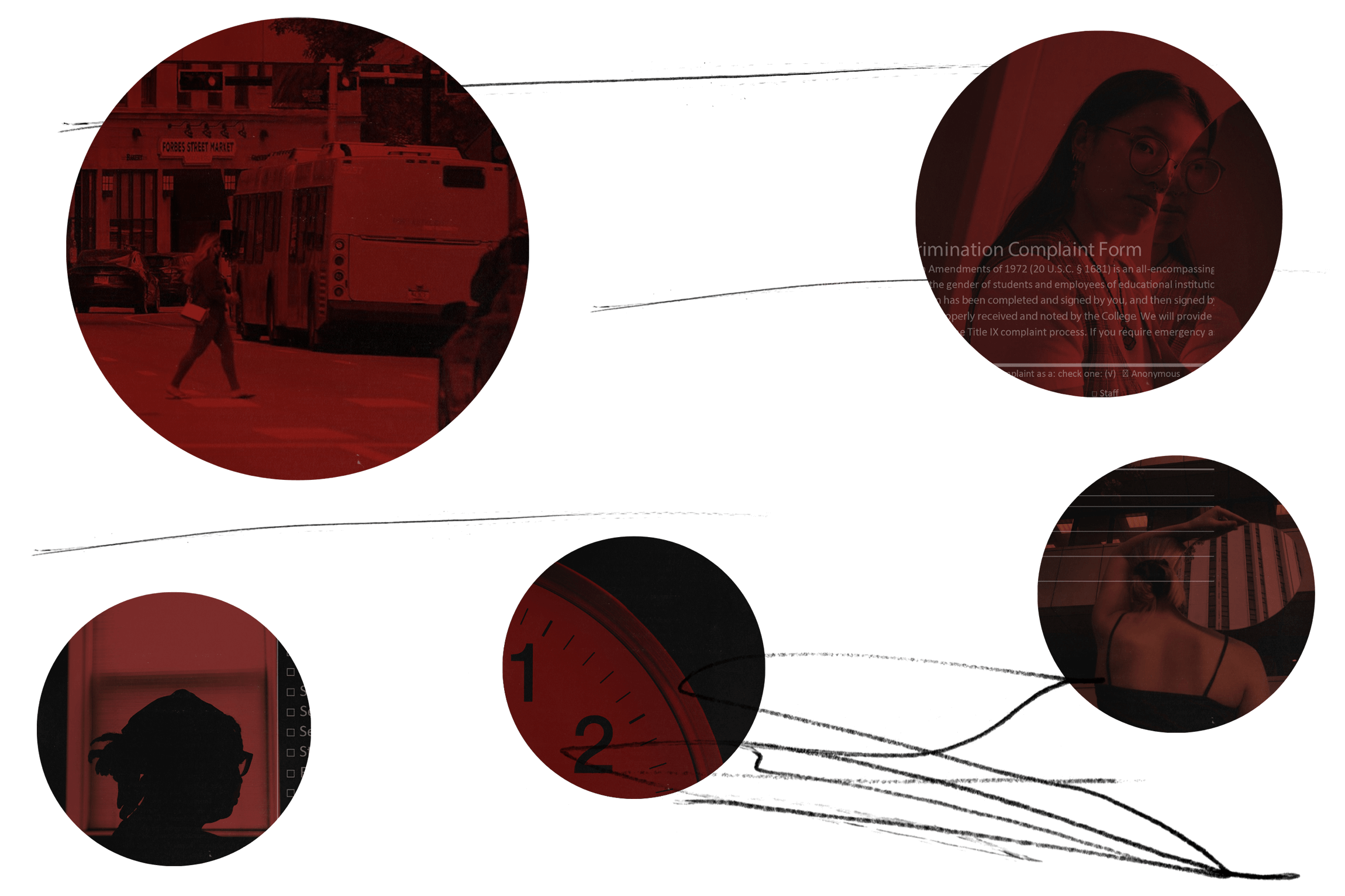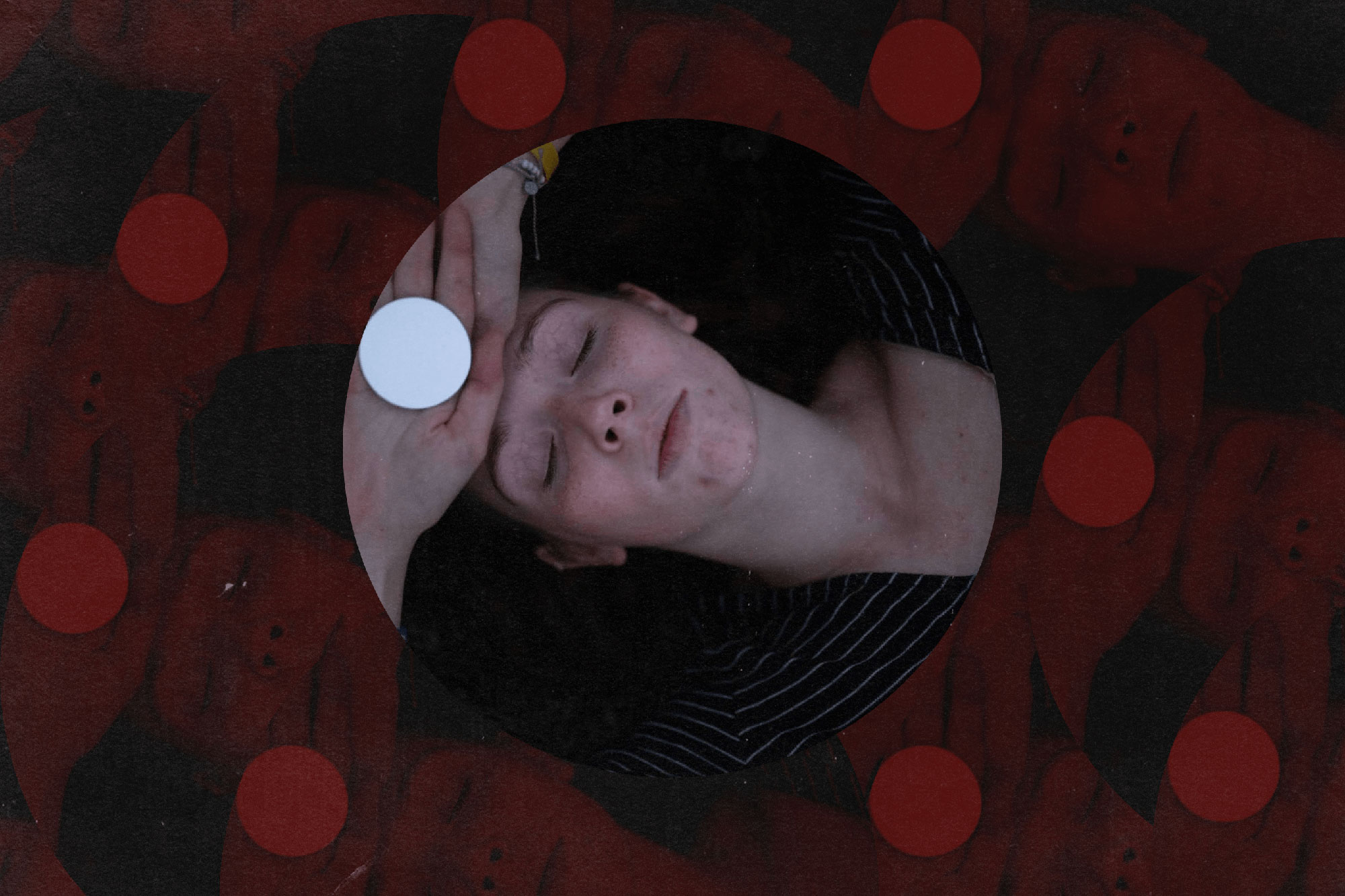RAINN has a national sexual assault hotline at 800-656-HOPE. It is free and confidential.
About this project
Pittsburgh-area universities enrolled more than 80,000 students in fall 2021. Like many across the country, these universities report few cases of sexual and gender-based violence each year. Some annual counts even suggest that rape, stalking and domestic violence have not occurred at all. But these institutions — and most importantly, their students — know that violence is likely more pervasive than the numbers show.
While 13% of all college students nationwide experience sexual assault or rape in college, according to RAINN, more than a quarter of undergraduate women do. The fall semester is a particularly vulnerable time. More than half of sexual assaults occur between August and November in a period of time known as The Red Zone.
Public Source spoke with survivors and advocates as well as lawyers, police and university officials to investigate the prevalence of sexual violence on Pittsburgh college campuses and reveal gaps in how the universities and the criminal justice system protect students and serve survivors. Over six months, we uncovered that some students feel confused or unsupported by their universities after reporting under Title IX; that the investigative process can exacerbate trauma and create inequities; and that low case counts may indicate a lack of trust in the institutions, not the absence of violence.
Throughout this reporting, students told Public Source about the changes they’d like to see culturally and on campus. Is there hope? Are there solutions? Follow along as we share what we learned.



















